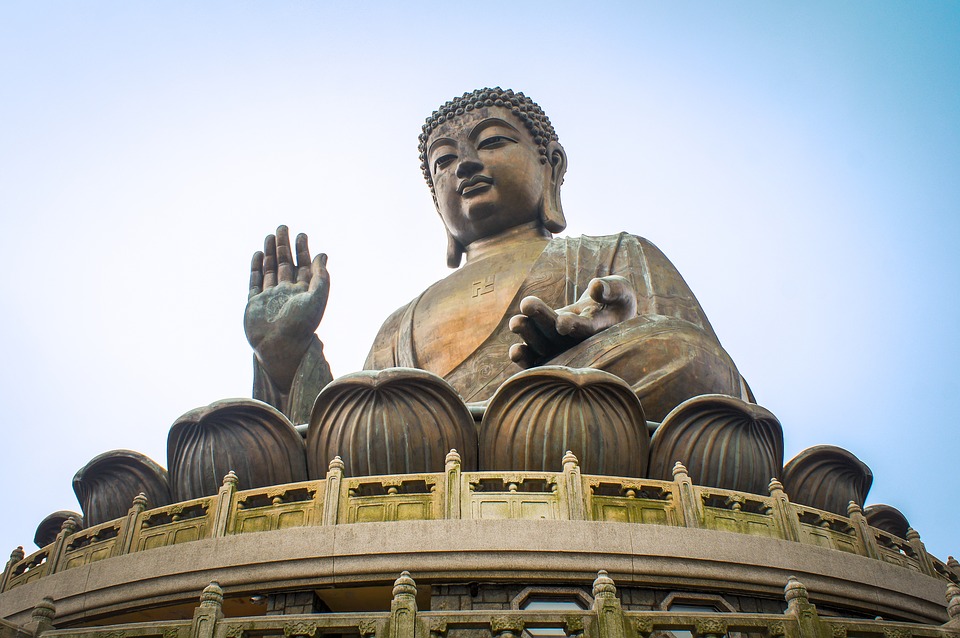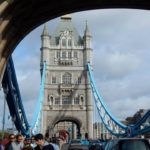
(TAN): Hong Kong’s tourism industry has been hit hard by the ongoing anti-government protests that begun in June this year.
The near-seven-month campaign has reportedly contributed to the sharpest plunge in visitor numbers in October. According to figures by the Hong Kong Tourism Board, visitor arrivals dipped 43.7% to 3.3 million in October 2019 compared with the same period last year; it does not bode well for the entire year either – visitor arrivals for the period between January and October 2019 fell nearly 5% year-on-year, and with the protests in full swing, numbers for the full year are unlikely to improve at all.
The dip in visitor arrivals could also mean decline in international spending – WTTC’s research showed international spending could go down 16% in 2019 in comparison to 2018. Short haul markets, excluding Mainland China and Macau posted a 43.5% year-on-year slump in October, and 9.4% in the January-October period. Long haul markets, on the other hand, dropped nearly 28% vis-à-vis October 2018 and 7.8% in the first eight months of 2019.
[ALSO READ: Marriott to bring its playful Moxy brand to Mexico City]
This could be a major blow for Hong Kong as its economy hugely depends on tourism – the sector accounted for 17.4% of Hong Kong’s total economy in 2018, and international visitors contribute to 77% of all its tourism spending. International visitor spending reached nearly USD 44 billion in 2018, the largest amount of international visitor spending in the world, according to World Travel & Tourism Council (WTTC).
Holiday season is usually one of the most prosperous periods for Hong Kong in terms of tourism. However, this year, Hong Kong’s tourism, retail and dining sectors could face the worst holiday period in the past few decades, reports said.
According to a report in South China Morning Post, Yiu Siu-wing, the lawmaker representing the tourism sector, said some hotels that are situated in sensitive areas or that did not slash room rates considerably saw occupancy rates of less than 50%. He reportedly added that overall room rates were reduced by 50% or more.
Figures from Hong Kong Tourism Board revealed hotel room occupancy declined to 68% in October from 92% a year ago, and 9% from January to October 2019 compared to the same period last year. Fewer reservations were made at short-term rentals and hotels since the demonstrations started – just half of the Airbnb listings were booked in October, vis-à-vis 70% in October 2018, a Quartz report said. The report also said hosts of entire homes lowered their rates by 17% on an average, in comparison to the earlier year.
Lunar New Year celebrations, due next month, is also expected to remain lukewarm as tourists from Mainland China plummeted around 46% in October, and 4.4% during the first eight months of 2019, compared to the same periods of 2018. With less than a month away, hotel bookings halved from the same period last year, and smaller guest house businesses did not receive any bookings, according to a report in South China Morning Post. Overall around 15% hotel rooms were pre-booked for the Lunar New Year holiday, vis-à-vis 20% to 30% by this time in the past, a report said.
However, founder-chairman of the Hong Kong Guest House Association, David Leung Tai-wai reportedly hoped “the situation will be slightly better over the Lunar New Year” compared to the 10% occupancy rate over Christmas as the protests seemed to have become less intense of late.
[ALSO READ: Rural Nevada organisations get over USD 300,000 in grants to promote tourism]
“Hopefully the occupancy rate will improve to around 20%,” he was quoted by South China Morning Post as saying.
Hong Kong is gearing up to end the year with protests on New Year’s Eve with events named “Suck the Eve” and “Shop with You” to disturb shopping and festivities in the Asian financial hub and party district of Lan Kwai Fong, as per reports. The first day of 2020 will reportedly witness a march, due to start from a park in Causeway Bay and end in the central business district.
“On New Year’s Day, we need to show our solidarity… to resist the government. We hope Hong Kong people will come onto the streets for Hong Kong’s future,” Jimmy Sham, a leader of the Civil Human Rights Front, organisers of the march, was quoted by Reuters as saying.
[ALSO READ: Airbnb and Seville City Hall join forces to promote Sustainable Travel]
In the wake of the continued instability, Hong Kong’s economy could end the year on a hurt note, with chances for stability depending on the magnitude of protests – year-on-year dips will continue in the first two quarters of 2020, reports said.
However, disturbances have reportedly narrowed lately following a victory for the pro-democracy parties last month, opening up a possibility for the visitor numbers and retail sales figures to improve on a month-to-month basis.
At any rate, getting back to normal for the tourism sector will take time since political instability, according to WTTC, is “the most difficult crisis to overcome, surpassing terrorism, natural disasters, and disease/outbreaks”.




